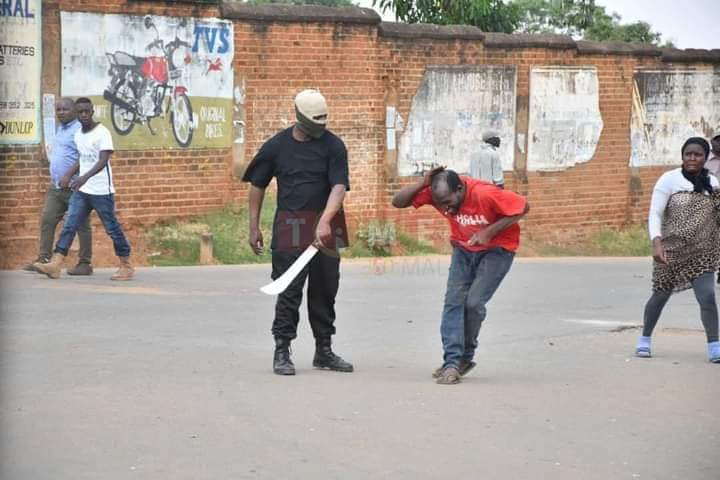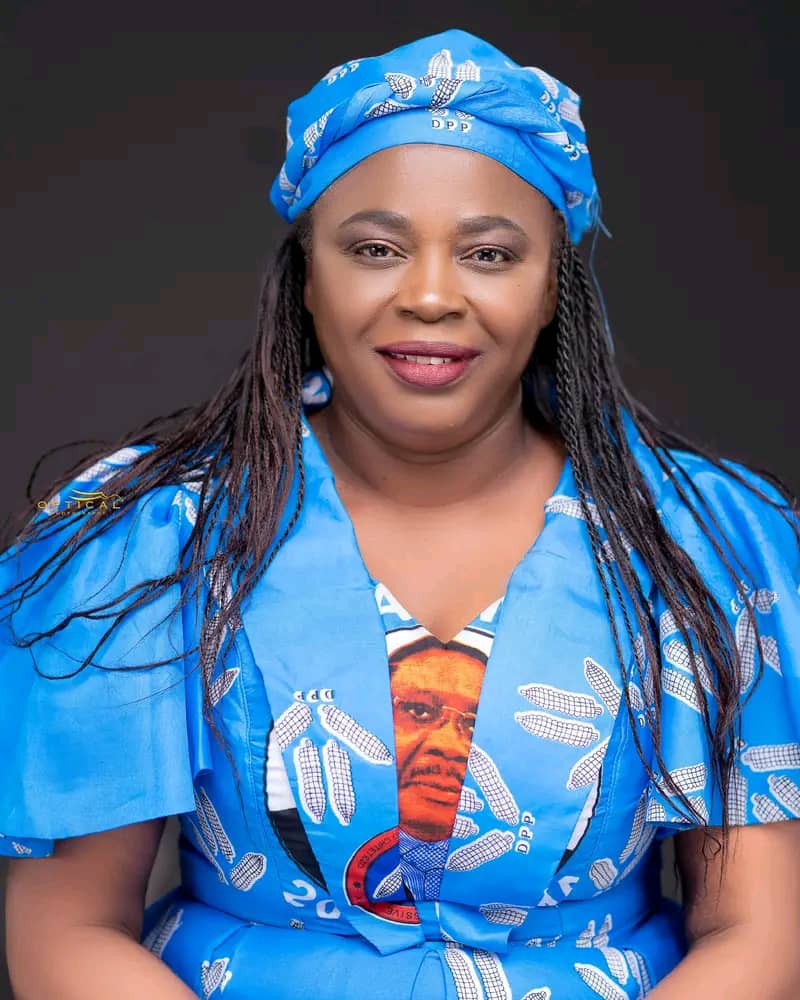The recent actions of the Malawi Congress Party (MCP) have raised serious concerns about its commitment to democratic values. As Malawi works to strengthen its democratic institutions, the behavior of the MCP suggests that it may not yet be ready to embrace true democratic principles, including tolerance for opposing viewpoints, the protection of free speech, and the right to peaceful assembly.
In recent weeks, the MCP has been criticized for allegedly using intimidation tactics and attempting to suppress opposition voices. Reports of disruption and violent intimidation at opposition-led gatherings, particularly at demonstrations protesting the Malawi Electoral Commission’s (MEC) operations, point to a worrying trend. These disruptions often occur with little to no intervention from security forces, which has sparked public outrage and raised questions about MCP’s influence over the nation’s institutions.
Opposition parties and civil society groups have also voiced concerns about MCP’s attempts to stifle dissent and criticism, accusing the party of fostering a climate of fear and repression. This behavior recalls a darker period in Malawi’s history, when dissent was met with force and political opposition was silenced—a reality many hoped had been left in the past.
In addition to these incidents, MCP’s response to calls for transparency and reform within the Malawi Electoral Commission reflects a reluctance to accommodate democratic demands. Protesters have raised legitimate questions regarding the role of the MEC and its use of Election Management Devices (EMDs) supplied by Smartmatic, a technology provider. Rather than engage in dialogue or address these concerns constructively, the MCP has instead been accused of trying to avoid scrutiny and dismiss the grievances of the people.
This approach runs counter to the principles of democracy, where accountability, transparency, and dialogue with citizens are paramount. True democracy requires respect for the rule of law and a commitment to ensuring that citizens’ voices are heard, even if those voices come from opposing camps. By sidestepping these principles, MCP is undermining the trust of the public and damaging its own credibility.
Ultimately, the MCP’s actions are a reminder that democracy is not only about holding elections but about embracing a political culture where power is shared, dissent is tolerated, and every citizen has the right to express their views without fear. Until the MCP genuinely adopts these values, questions will continue to be raised about its readiness to fully participate in and strengthen Malawi’s democratic journey.
As the nation moves forward, it is essential for all political players, including the MCP, to recognize that democracy is a shared responsibility. Only by respecting the rights of all citizens, supporting free and fair elections, and fostering open dialogue can Malawi truly progress as a democratic nation.



